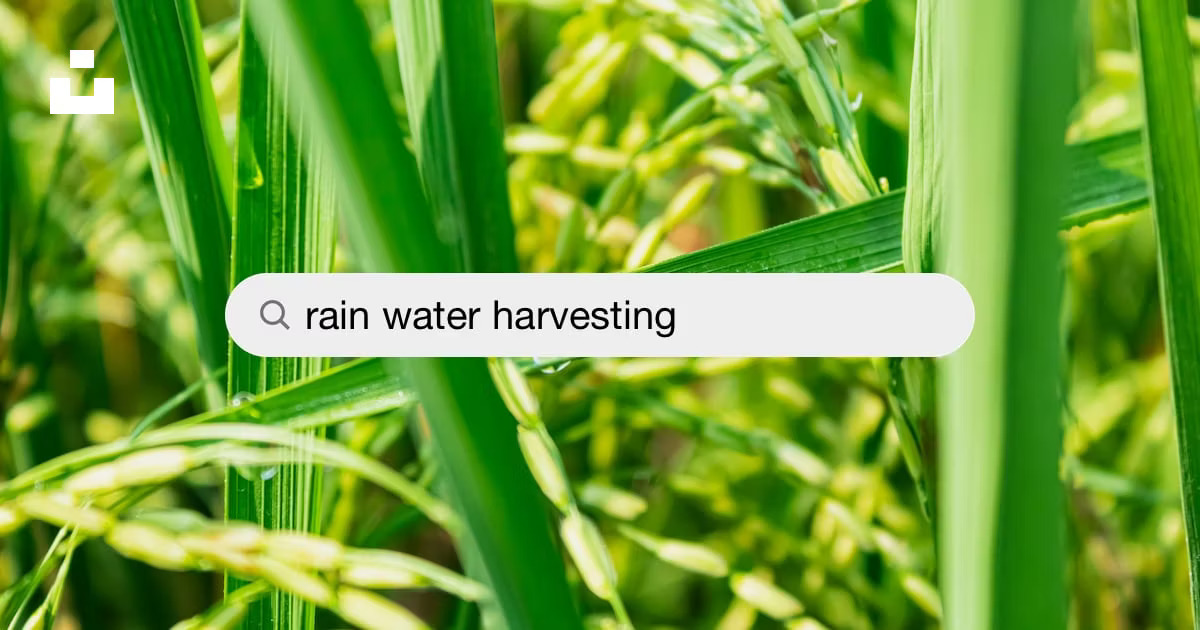
Is Smart Farming the Future of Agriculture? Exploring the Benefits and Implementation Steps
In recent years, the agricultural industry has witnessed an incredible transformation through the implementation of advanced technologies and innovative practices. One such revolutionary concept is smart farming, which leverages the power of data analytics, automation, and connectivity to optimize crop production, minimize environmental impact, and enhance overall efficiency.
What is Smart Farming?
Smart farming is an innovative approach that utilizes technology and data analysis to optimize farming processes and improve overall efficiency. It involves the integration of various technologies such as sensors, automation systems, and data analytics to make informed decisions and enhance agricultural practices.
Benefits of Smart Farming in Agriculture:
Increased crop yields
Efficient resource management
Cost reduction
Improved quality control
Enhanced risk management
Implementation Steps for Smart Farming:
Assess specific farm requirements – Evaluate the farm’s specific needs and identify areas where smart farming can bring the most value.
Select appropriate smart farming technologies – Research and choose the right technologies based on the farm’s requirements and available resources.
Gather necessary data and establish connectivity – Set up sensors, data collection systems, and connectivity infrastructure to enable efficient data gathering.
Implement data analysis and automation systems – Utilize data analytics tools and automation systems to process and interpret collected data for decision making.
Monitor and optimize farming processes – Continuously monitor and analyze data to maximize efficiency, optimize resource allocation, and detect potential issues.
Continuously update and adopt new technologies – Stay up-to-date with the latest advancements in smart farming technologies and regularly assess their potential benefits for your farm.
Impact of Smart Farming on Crop Production
Smart farming techniques can significantly impact crop production by providing farmers with real-time data and actionable insights, enabling them to make informed decisions. This leads to better pest management, optimized irrigation strategies, enhanced nutrient management, and overall improved crop health.
Sustainable Farming Techniques in Smart Farming
In addition to increased efficiency, smart farming also contributes to sustainable farming practices. By utilizing precise data and advanced technologies, farmers can minimize water and fertilizer wastage, reduce chemical usage, and support environmentally-friendly crop production methods.
Revolutionizing Agriculture: The Benefits of Smart Irrigation
Water Conservation and Efficiency
Smart irrigation systems play a crucial role in conserving one of our most precious resources – water. By utilizing sensor technologies, these systems are able to gather real-time data on soil moisture levels, weather conditions, and plant requirements. With this information, they can deliver precise amounts of water only when and where it is needed, eliminating the wastage associated with conventional irrigation methods. The result is a significant reduction in water usage, minimizing the strain on freshwater supplies and promoting sustainable farming practices.
Improved Crop Health and Yield
By ensuring plants receive the optimal amount of water at the right time, smart irrigation systems contribute to healthier and more productive crops. Underwatering or overwatering can have detrimental effects on plants, leading to stunted growth, nutrient deficiencies, and increased susceptibility to pests and diseases. Smart irrigation eliminates these concerns by maintaining a balanced moisture level in the soil, promoting root development, and enhancing nutrient uptake. As a result, farmers experience higher crop yields, better quality produce, and reduced losses due to irrigation-related issues.
Cost Savings and Profitability
The efficient use of water through smart irrigation not only benefits the environment but also provides significant cost savings for farmers. Traditional irrigation methods often lead to unnecessary water expenses, increased electricity bills, and the need for additional labor. With the implementation of smart systems, farmers can accurately monitor and control water usage, reducing operational costs and maximizing profitability. Moreover, the ability to remotely manage irrigation systems through mobile devices saves time and resources, allowing farmers to focus on other essential tasks.
Environmental Sustainability
Smart irrigation aligns perfectly with the principles of environmental sustainability. By conserving water resources and minimizing the use of fertilizers and pesticides, this technology contributes to the overall reduction of environmental pollution. Traditional irrigation methods sometimes result in the leaching of chemicals into water bodies, causing harm to aquatic ecosystems. Smart irrigation systems enable precise delivery of water and nutrients, reducing the runoff and contamination risks. As a result, agriculture becomes more environmentally friendly, promoting the preservation of biodiversity and freshwater habitats.
Adaptability to Changing Climates
As climate change continues to pose challenges to the agricultural sector, the ability to adapt becomes crucial for farmers. Smart irrigation systems offer the necessary flexibility to respond to changing climatic conditions effectively. These systems can automatically adjust watering schedules, durations, and volumes based on real-time weather data. For example, during periods of drought or extreme heat, smart systems can ramp up watering to compensate for increased evaporation rates. By adapting to changing climates, farmers can safeguard their crops against climate-related risks and ensure a stable food supply.
Enhanced Data-driven Decision Making
The integration of smart irrigation technology generates vast amounts of valuable data, which can be analyzed to make informed farming decisions. By collecting data on soil moisture levels, weather patterns, and crop water requirements, farmers gain insights that were previously inaccessible. This data-driven approach enables precise irrigation management, identifying areas of high or low water stress and adjusting irrigation accordingly. With the help of advanced analytics tools, farmers can optimize water usage, detect trends, and make proactive decisions to maximize productivity and resource efficiency.
Conclusion
Smart irrigation stands as a game-changer in the agriculture industry, paving the way for a more sustainable and productive future. By revolutionizing water management practices, farmers can conserve water resources, improve crop health and yield, reduce costs, and enhance environmental sustainability. The adaptability, accessibility, and scalability of smart irrigation systems make it a feasible option for farmers of all scales. As governments and organizations continue to support and incentivize its adoption, smart irrigation has the potential to reshape agriculture and secure a food-secure future for generations to come.

